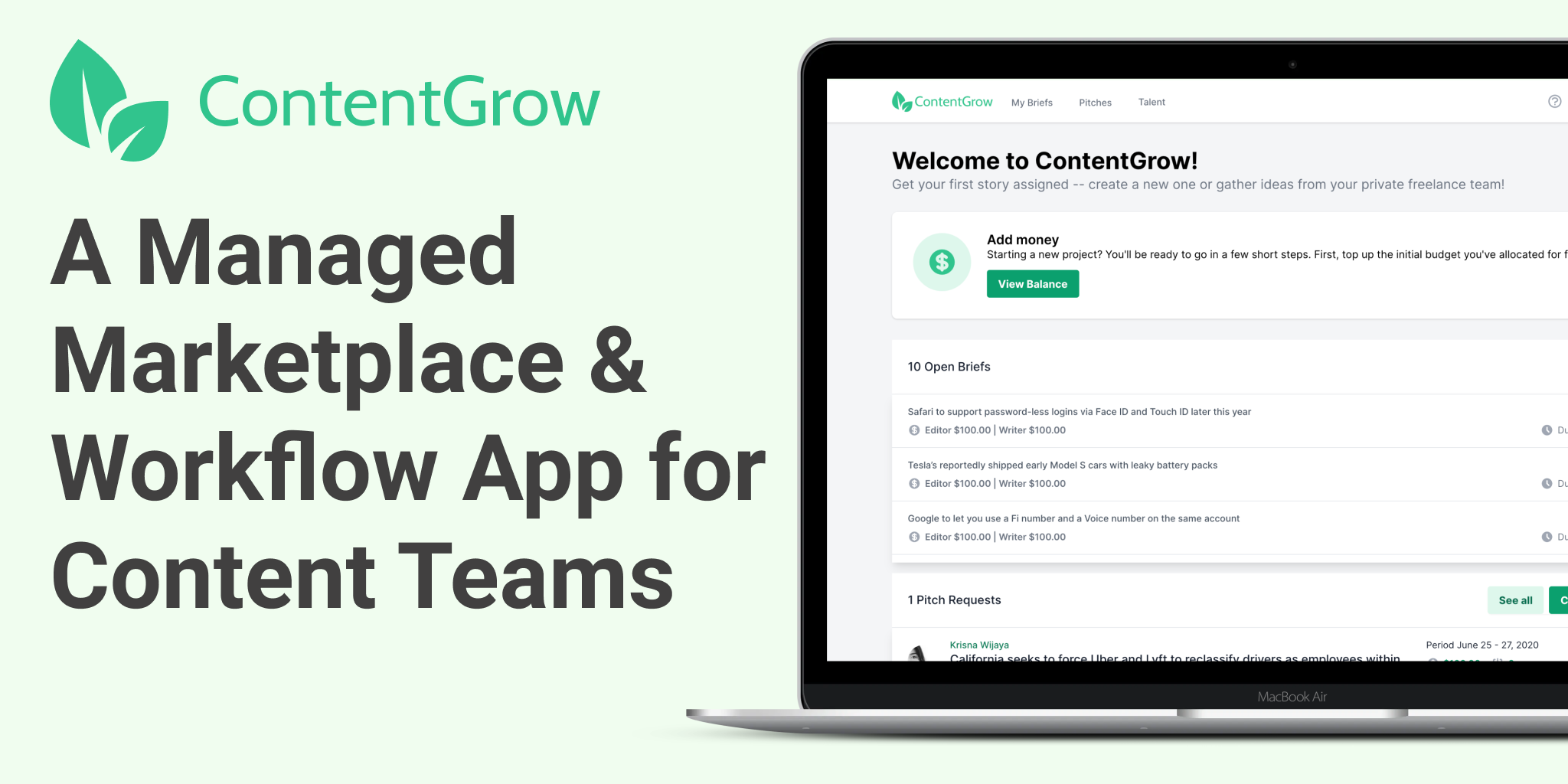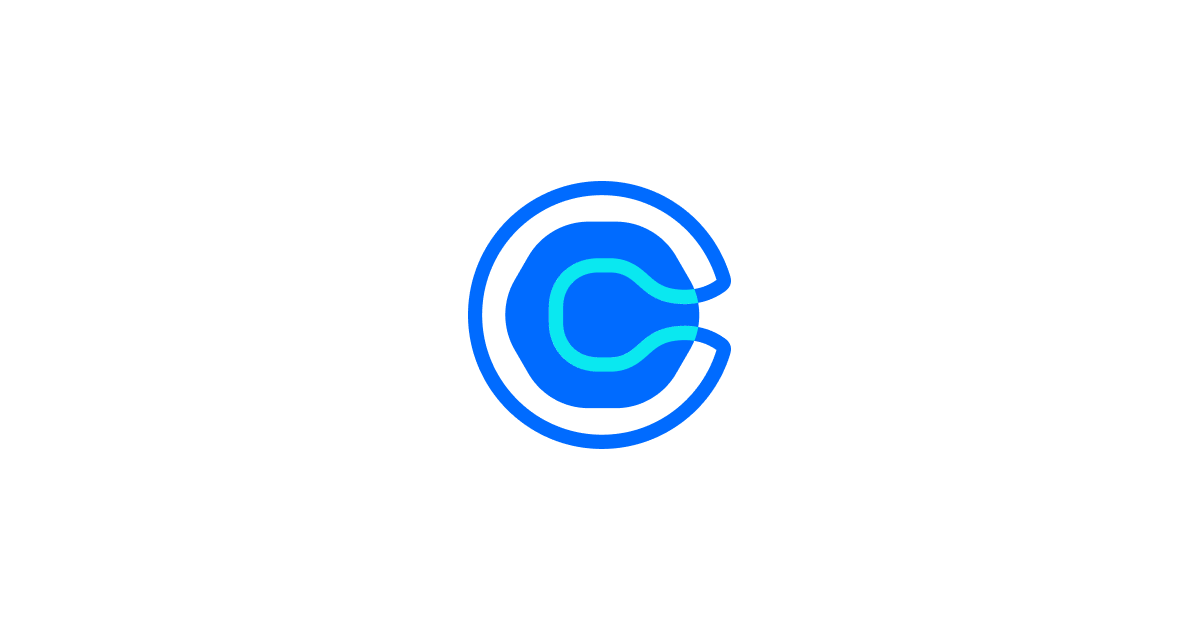AI and humans: How will the future of freelancing be like?
As rice-bowl-threatening AIs make waves in the news, fear looms over the heads of many a creative. But are these feelings justified? Anna Rzhevkina opines.

*The views expressed in the article below are the author's own and do not necessarily reflect the editorial policy of ContentGrip.
Recently, I was browsing LinkedIn in search of media organizations to work with as a writer. I then spotted an interesting gig and clicked the button to contact the hiring manager.
To my surprise, the LinkedIn platform itself offered a ready-to-send message to express interest in collaboration. I spent a couple of minutes tailoring it to the specific role, but overall, it seemed rather well-written and good enough to help me make first contact.
Honestly, using an artificial intelligence (AI) tool that did at least half of the work for me gave me mixed feelings: on one hand, I was happy that it saved me time. On other hand, I was wondering to what extent it could replace what I do for a living.
Apparently, as AI tools become smarter, I am not alone in asking this question.
AI tools boost productivity

Freelancers these days increasingly rely on artificial intelligence tools to increase their productivity, manage workflow, and get rid of tedious work. However, as machines learn to perform more complex and advanced tasks, concerns are quickly arising about whether self-employed professionals will have enough work left in a highly competitive market.
The future of freelancing is however, going to be one where humans and AI collaborate rather than compete – and you can bet that humans are continually learning how to make the entire process and outcome efficient.
Over 80% of professionals believe that by 2035, technology will automate repetitive and low-value tasks, freeing workers to focus on more meaningful work, says a report by cloud computing firm Citrix.
Machines are able to do many tasks quicker and more precisely than humans do. However, there is still a need for the human touch, especially in creative professions such as journalism.
For example, you can entrust copywriting tools to fix grammar mistakes or find the right word. But it’s up to you to come up with a topic for the article, outline its structure, and create a draft.
In other words, a human’s job is to generate an idea, and AI is there to help materialize it. Almost three-quarters of business leaders believe that technology and AI will make workers at least twice as productive by 2035, according to Citrix: it stresses that workers will be augmented by, rather than be replaced by technology.
Technology and AI makes collaboration between freelancers and their clients smoother, too. Often, the technical infrastructure can make otherwise tedious processes with hiring, paying and managing freelancers much easier.
There are dozens of tools out there to manage the workflow of freelancers who have to juggle several projects simultaneously, with one example being ContentGrow.

Content marketers can also use AI-powered analytical tools to predict how successful their marketing campaigns will be, follow key trends, and measure results. In addition, AI speeds up writing ads, social media posts, and sales pitches by offering templates based on topics and keywords.
New age careers

AI tools have indeed become so powerful that they can seamlessly perform many tasks that a decade ago only humans could do. As a result, some big businesses have managed to downsize their workforce.
For freelancers, who work in the open market, however, this is not necessarily bad news. In one of the scenarios presented by Citrix, organizations will have fewer permanent employees, and will rely on a large pool of on-demand manpower that are supported by technology.
Although some jobs may become obsolete, AI will give a rise to new unconventional career paths. For example, most business leaders see the potential for roles like AI trainers, robot trainers, and advanced data scientists. For freelancers who generally quickly acquire new skills, this could be an opportunity to steer their careers in a new direction.
As relationships between humans and AI continually evolve, professionals who stay up to date with technology have a competitive advantage in the market. Not only they will work quicker and with fewer mistakes, but they will have more time to focus on the creative part of the job.
Luckily, there are still many tasks that only humans can do, so it's best that we start treating AI as assistants rather than competitors.
Save time and money when producing high-quality content. ContentGrow helps brands and publishers work with perfectly matched freelance writers and journalists at preferred rates. Book a quick call today or visit the site to get started.




